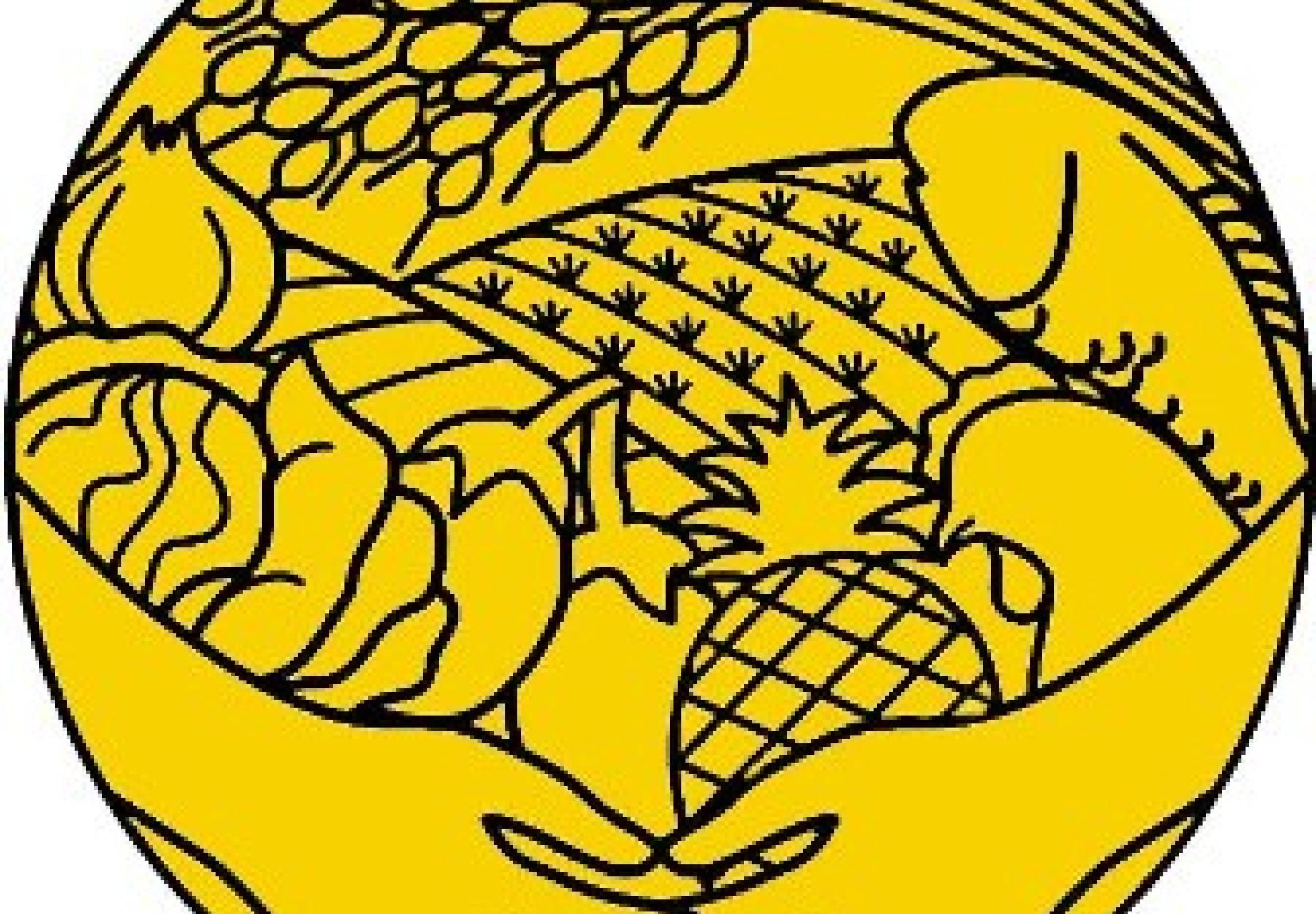
Razan Zuayter, General Coordinator of the Arab Group for the Protection of Nature and President of the Arab Network for Food Sovereignty (ANFS), chaired an online conference on June 9, 2020, hosted by the Peoples’ Coalition on Food Sovereignty (PCFS). The conference discussed the effects of the coronavirus pandemic on agriculture in Latin America, and the challenges of producers in those regions.
As PCFS co-Chair, Zuayter urged the members of the coalition to seize the moment to confront traditional forms of colonial control and those emerging from the coronavirus crisis.
She said that uniting the struggle of the South is a top priority for APN and ANFS, pointing to hosting Dr. Aleida Guevara, daughter of freedom fighter Ernesto Che Guevara, as an honorary guest at the 2019 General Assembly meeting, who said at the time, "We are people who have had to fight to achieve a decent life and people who know how to fight." Zuayter said, "We must ally and resist and not lose hope, because losing hope means losing life."
Ten experts, mostly from Latin America, spoke at the conference. Speakers included: Javier Zarate, representing IPTK in Bolivia; Claudia Valiente, speaking about Tzuk (Kim-pop) in Guatemala; Rodrigo Machicado, representing Giramundo in Brazil; Mario Bonilla, representing Agrosolidaria in Colombia; and Renata Valgiusti, representing Ultera in Argentina.
Recently, Brazil surpassed Britain’s coronavirus death toll; its numbers of COVID-19 deaths and infections rose to second after the United States. With a population of over 211 million, the country is the most affected in Latin American.
Prior to the coronavirus, around 200 million people lived in poverty in Latin America. With the spread of the virus, the rate of hunger has skyrocketed, especially in rural regions where supply chains and food systems are collapsing. In addition to the health crisis, the virus brought economic policies in line with neoliberalization, like the use of GMOs by national agricultural industries.
To a large extent, national sovereignty in Latin America has been effected by political turmoil and its economic and social impacts. Local food producers suffer from declining agricultural product prices, an inability to transport products due to each country’s quarantines, a lack of government support, and export-oriented land-use policies that prevent national food production.